-77%
Unraveling the Intricacies of Patient Care Skills: A Comprehensive Guide
Vital Signs:
- Pulse: The rhythmic expansion and contraction of an artery indicative of heart activity.
- Respiratory rate: The number of breaths taken per minute, an indicator of lung function.
- Temperature: A measure of the body’s internal heat, reflecting metabolic activity.
- Blood pressure: The force exerted by blood on the walls of blood vessels, a crucial indicator of cardiovascular health.
Aseptic Techniques:
- Antiseptic: A chemical agent that kills microorganisms on living surfaces.
- Sterilization: A process eliminating all forms of microbial life on surfaces or objects.
- Disinfection: A process that reduces the number of microorganisms on surfaces or objects to a safe level.
- Isolation: Separating infected individuals from others to prevent disease spread.
Patient Positioning and Transfer:
- Fowler’s position: Sitting upright with the legs elevated and the head of the bed raised, facilitating breathing.
- Prone position: Lying face down, allowing for better drainage of secretions.
- Supine position: Lying on the back with the legs extended, suitable for many procedures.
- Lateral position: Lying on one side with the knees flexed, reducing pressure on the spine.
Documentation and Communication:
- Accurate: Recording information without errors or omissions, ensuring completeness and reliability.
- Clear: Presenting information concisely and understandably, facilitating effective communication.
- Readable: Ensuring ease of reading and comprehension, optimizing accessibility.
- Concise: Summarizing essential information without excessive detail, promoting efficiency.
Patient Care Principles:
- Empathy: Understanding and responding to the emotional needs of patients, fostering trust and compassion.
- Privacy: Maintaining the confidentiality of patient information, respecting their dignity.
- Respect: Treating patients with dignity and consideration, valuing their input and preferences.
- Advocacy: Protecting and promoting the rights and interests of patients, ensuring their well-being.
Professionalism in Patient Care:
- Accountability: Taking responsibility for one’s actions and decisions, ensuring adherence to ethical and professional standards.
- Competence: Possessing the necessary knowledge and skills to provide safe and effective patient care.
- Integrity: Upholding ethical principles and maintaining honesty in all interactions.
- Collaboration: Working effectively with healthcare professionals to provide a comprehensive and coordinated approach to patient care.

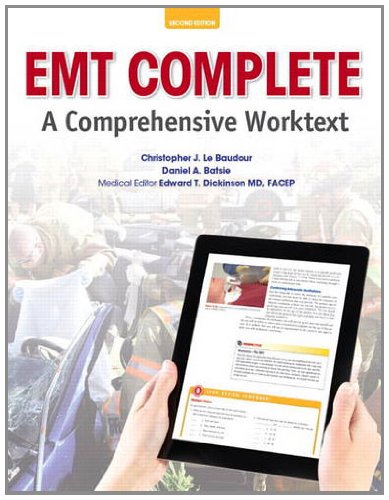

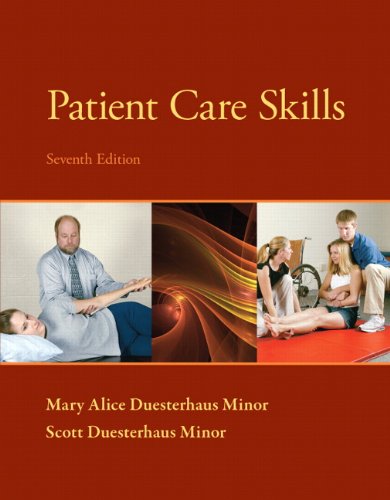
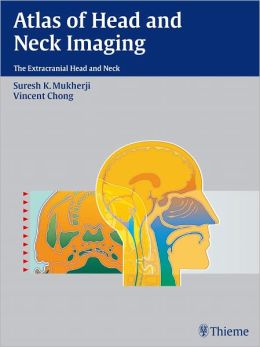
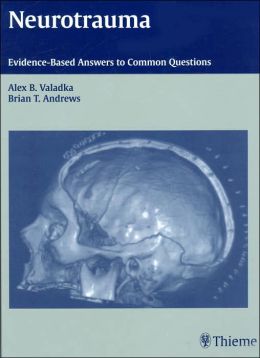

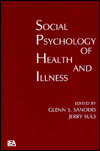
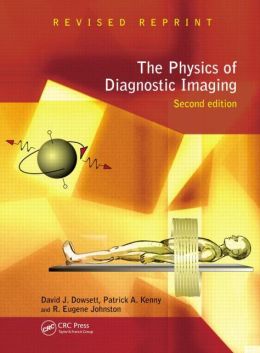

Reviews
Clear filtersThere are no reviews yet.